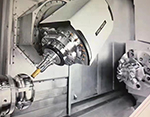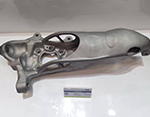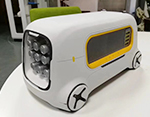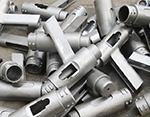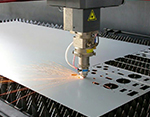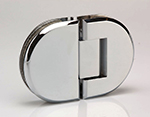-
Service
+
- CNC Precision Machining Service +
- Multi-Axis Simultaneous Machining Service +
- CNC Turning Service +
- Metal 3D Printing Service +
- Rapid Prototyping Service +
- Die Casting Service +
- Sheet Metal Fabrication Service +
-
Finish Serivces
+
- Polishing
- Grinding
- Brushed Finish
- Sand blasting
- Painting
- Powder Painting
- Anodizing
- Hard anodizing Service
- Passivation
- Zinc Plating
- Nickel Plating
- Chrome Plating
- Blackening
- Black Zinc Plating
- Teflon Coating
- Titanium Coating
- DLC Coating
- Laser Marking
- Silk Screen Printing
- Transfer Printing
- Micro Arc Oxidation
- Industries +
- About Us +
- Resource +
- Contact Us
- Quote

-
Service
-
>
-
>
-
>
-
>
-
>
-
>
-
>
-
>
-
- Industries
- About Us
- Resource
- Contact Us
NICKEL-BASED ALLOY AND TURBINE WHEEL
Nickel-Based superalloys are an unusual class of metallic materials with an exceptional combination of high temperature strength, toughness, and resistance to degradation in corrosive or oxidizing environments.Nickel-Based superalloys are widely used in aircraft and power-generation turbines, rocket engines, and other challenging environments, including nuclear power and chemical processing plants.
Nickel-base superalloys are corrosion resistant high-temperature alloys typically used at service temperatures above 500°C. They usually contain significant amounts of up to 10 alloying elements including light elements like boron or carbon and heavy refractory elements like tantalum, tungsten, or rhenium. Superalloys display excellent resistance against creep, sulfidation, and oxidation even at temperatures close to their melting points. Due to their good properties at elevated temperatures, nickel-base superalloys have been widely used for aerospace, power generation, and automotive high temperature applications since their emergence in the 1950s.
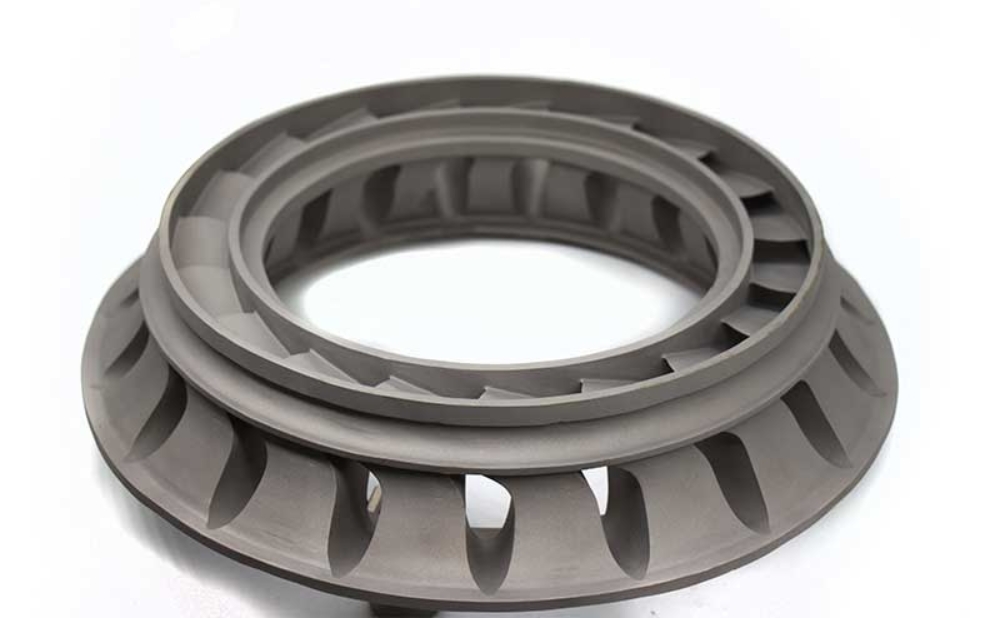
A Nickel Alloy turbine wheel refers to a component used in various industries, particularly in aerospace, power generation, and automotive applications, where high-performance and reliability are essential. This type of turbine wheel is typically made from a nickel-based superalloy, which offers exceptional high-temperature strength, corrosion resistance, and mechanical properties.
Application:
Aerospace Engines: Nickel Alloy turbine wheels are commonly used in aircraft engines. They are a critical part of the turbojet and turbofan engines, where they serve as the rotating component that extracts energy from the hot exhaust gases to drive the compressor and accessories.
Power Generation: These turbine wheels are also used in gas turbine power plants. They play a crucial role in converting energy from the combustion process into mechanical energy that drives the generator, producing electricity.
Automotive Turbochargers: In automotive applications, nickel alloy turbine wheels are used in turbochargers. A turbocharger increases the engine's efficiency by forcing more air into the combustion chamber, resulting in improved performance.
Industrial Applications: Nickel Alloy turbine wheels find use in various industrial applications where high-temperature and high-stress conditions are present, such as in chemical plants and oil refineries.
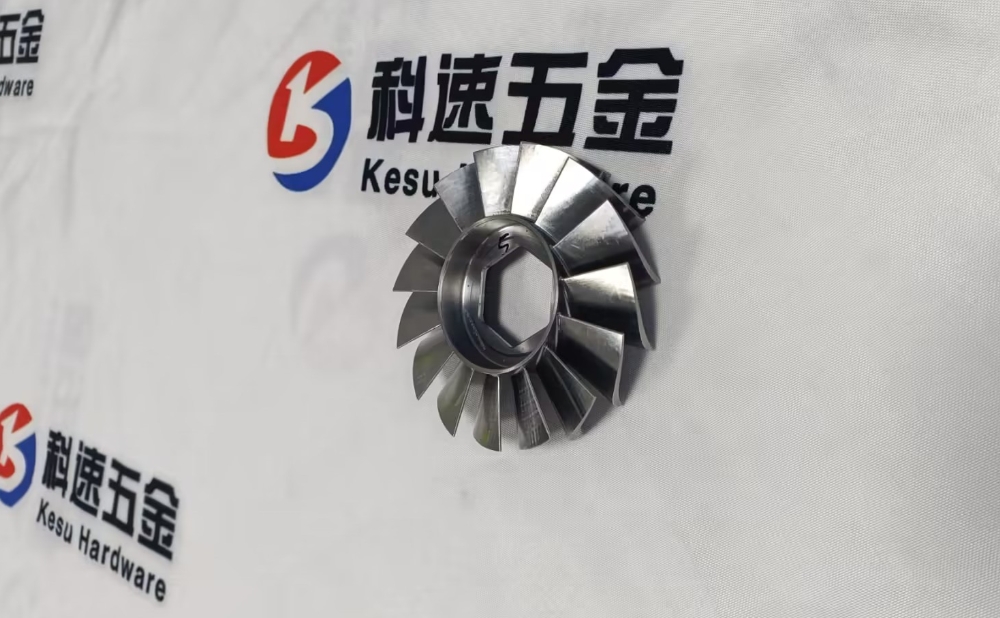
Key Features and Benefits:
High-Temperature Strength: Nickel alloys are known for their exceptional strength and stability at elevated temperatures, making them suitable for the extreme heat conditions encountered in turbine operations.
Corrosion Resistance: Nickel alloys have excellent corrosion resistance, which is crucial for components exposed to high-temperature gases and various environments.
Creep Resistance: Nickel alloys exhibit resistance to creep, which is the gradual deformation that occurs under prolonged exposure to high temperatures and mechanical stress.
Fatigue Resistance: Nickel alloy turbine wheels are designed to withstand cyclic loading and vibration, ensuring prolonged service life under demanding conditions.
Precision Engineering: These turbine wheels are meticulously engineered to maintain precise dimensional tolerances, ensuring optimal performance and minimal aerodynamic losses.
Efficiency: The combination of high-temperature strength and corrosion resistance contributes to the overall efficiency and reliability of turbines.
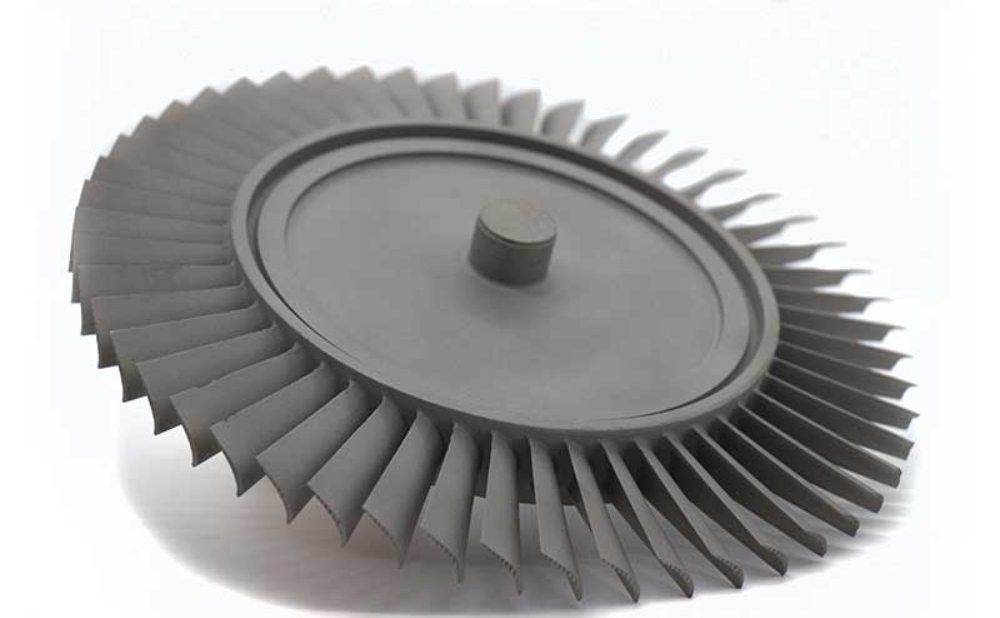
It's important to note that the design and manufacturing of Nickel Alloy turbine wheels are critical to ensuring their performance and safety. Proper engineering, quality control, and testing procedures are essential to guarantee that these components meet the rigorous demands of their applications.
Contact:
Email: Diana@kesugroup.com
WhatsApp: +86 134 2483 1067
Our engineer team are ready for your projects and provide feedback quickly.

